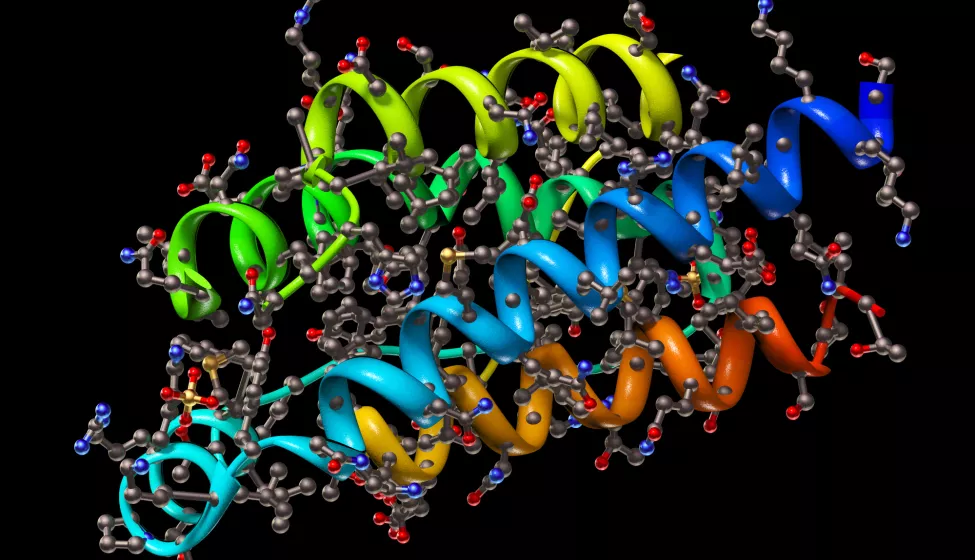July 31, 2024
Exponent's Steven Kreuzer has co-authored a white paper that explores the use of in silico technologies (ISTs) to develop and evaluate products regulated by the Food and Drug Administration, including medical products, digital health technologies, and food safety. The paper, titled "In Silico Technologies: A Strategic Imperative for Accelerating Breakthroughs and Market Leadership for FDA-Regulated Products," has been published online by Regulatory Science Accelerator (RSA), a platform developed by the Reagan-Udall Foundation in partnership with FDA Chief Scientist's Office of Regulatory Science and Innovation.
According to the white paper, IST processes, which include physics-based computational models, data-driven inference models, and other simulations and computer-based approaches, allow researchers "to conduct experiments, test hypotheses, and predict outcomes beyond the scope of, and in addition to, experiments in the physical world (in vitro or in vivo)" by leveraging innovative technologies such as augmented or virtual reality.
The authors additionally discuss the implications, value propositions, and adoption drivers for the use of ISTs to create new data (including through training of AI/ML models), fuller utilization of existing data, and further support evidence-based strategies for FDA-regulated products, such as prescription drugs, vaccines, cosmetics, and more.

"In Silico Technologies: A Strategic Imperative for Accelerating Breakthroughs and Market Leadership for FDA-Regulated Products"
Read the full article
From the publication: "By leveraging computational power to simulate real-world, human-centric outcomes, these technologies offer a cost-effective, efficient, and highly predictive toolset for innovation and safety assessment."


